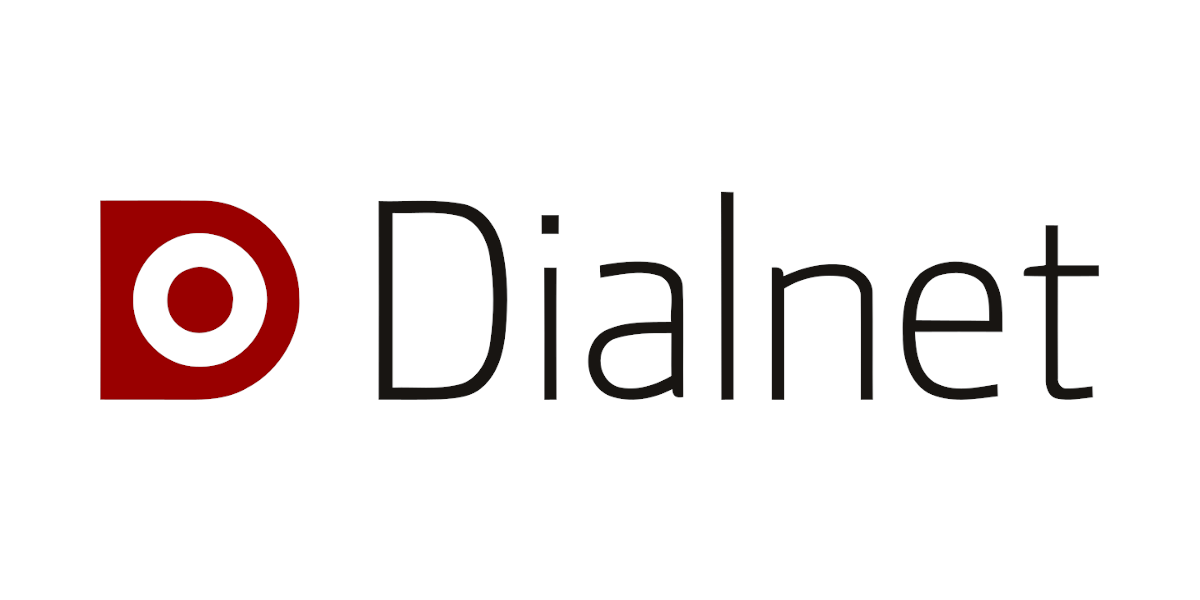La tragedia y el drama: Concepciones del tiempo en W. Benjamin
Keywords:
Benjamin, Tragedy, DramaAbstract
In this paper we aim to show how Walter Benjamin’s conceptions of time were built in his work on two different temporal experiences: tragedy and drama. Benjamin’s analysis of these ideas leads to a philosophy of time that differs from the philosophy of his-tory, essentially, by its rejection of totality (origin, end, historic rationality). The author appeals to such philosophy of time in order to explain the modern crisis in the transmission of experience, turning tragedy into the key to the intelligibility of the human as the last redoubt of meaning within its ap-parent meaninglessness.Downloads
References
Barthes, Roland (1992), Sobre Racine, México D.F., Siglo XXI.
Benjamin, Walter (1989), Discursos interrumpidos I, Buenos Aires, Taurus.
----- (1990), El origen del drama barroco alemán, Madrid, Taurus.
----- (1993), La metafísica de la juventud, Barcelona, Paidós.
----- (1998), Poesía y capitalismo. Iluminaciones II., Madrid, Taurus.
De Hipona, Agustín (1974), Confesiones, Madrid, La Católica.
Menke, Christoph (2008), La actualidad de la tragedia. Ensayo sobre juicio y representación, Madrid, La balsa de la Medusa.
Schmitt, Carl (1993), Hamlet o Hécuba, la irrupción del tiempo en el drama, Valencia, Universidad de Murcia.
Szondi, Peter (1994). Teoría del drama moderno (1880-1950). Tentativa sobre lo trágico, Barcelona, Destino.
Varga, Kibéndi (1970), “La pespective tragique, Éléments pour une analyse formelle de la tragédie classique”, Revue d’histoire littéraire de la France, Nº5-6. pp.115-139.
Williams, Raymond (2014), Tragedia moderna, Buenos Aires, Edhasa.
Downloads
How to Cite
Issue
Section
License
Copyright (c) 2013 Camila Arbuet Osuna

This work is licensed under a Creative Commons Attribution-NonCommercial 4.0 International License.
Aquellos autores/as que tengan publicaciones con esta revista, aceptan los términos siguientes:- Los autores/as conservarán sus derechos de autor y garantizarán a la revista el derecho de primera publicación de su obra, el cuál estará simultáneamente sujeto a la licencia Atribución-No Comercial 4.0 Internacional CC BY-NC 4.0.
- Los autores/as podrán adoptar otros acuerdos de licencia no exclusiva de distribución de la versión de la obra publicada (p. ej.: depositarla en un archivo telemático institucional o publicarla en un volumen monográfico) siempre que se indique la publicación inicial en esta revista.
- Se permite y recomienda a los autores/as difundir su obra a través de Internet (p. ej.: en archivos telemáticos institucionales o en su página web) una vez publicado su trabajo, lo cual puede producir intercambios interesantes y aumentar las citas de la obra publicada. (Véase El efecto del acceso abierto).














